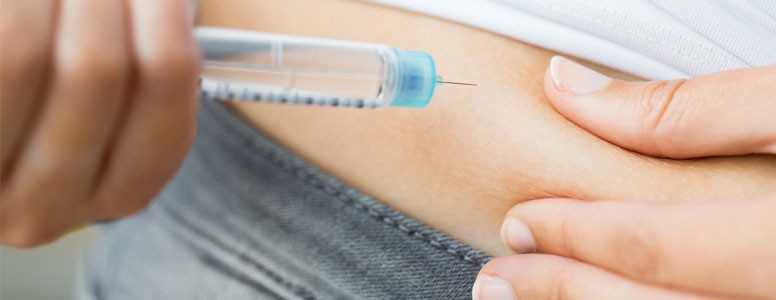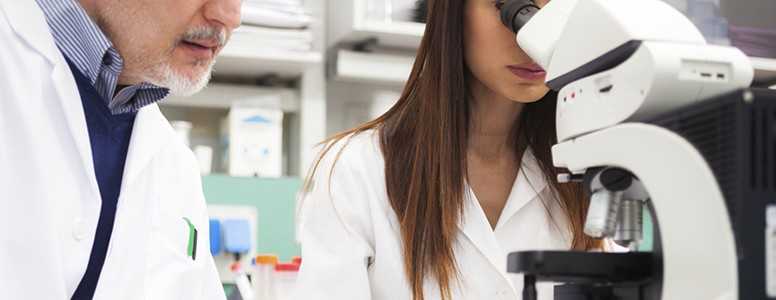A total of $10 million (£7.7m) is to be invested into developing products aimed to make life easier for people with type 1 diabetes. The money has been given to a company called ViaCyte which is currently working on stem cell-derived islet replacement therapy.
The therapy requires a number of advanced technologies including ViaCyte’s PEC-Encap, which is a protective capsule that prevents the cells from being attacked by the person’s immune system. The auto-immune response is the main issue in type 1 diabetes that causes the insulin-producing islet cells to be attacked.
The company’s PEC-Direct treatment helps deliver working blood vessels into the capsule. This is a process known as vascularisation and is needed to keep the stem cells supplied with nutrients and therefore able to function.
ViaCyte has announced that the technology has been given the seal of approval by the US Food and Drug Administration (FDA) and Health Canada to proceed with clinical trials of the product.
Dr Paul Laikind, who is president and chief executive officer of ViaCyte, said: “ViaCyte was the first to differentiate human stem cells into glucose-responsive, insulin-producing cells, and now we are running the first and only clinical trials of stem cell-derived islet replacement therapies for type 1 diabetes.
“While insulin therapy transformed type 1 diabetes from a death sentence to a chronic illness, it is far from a cure.”
The financial support to continue developing the company’s products has been granted by the type 1 charity JDRF and a global materials science company called Gore.
Dr Laikind added: “ViaCyte has a long history of firsts in the field of regenerative medicine and we believe working together with Gore to develop novel implantable cell therapy delivery device technologies will help us to achieve another important first, a functional cure for patients with type 1 diabetes.”
What's new on the forum? ⭐️
Get our free newsletters
Stay up to date with the latest news, research and breakthroughs.





